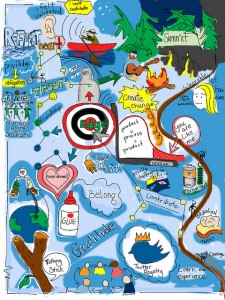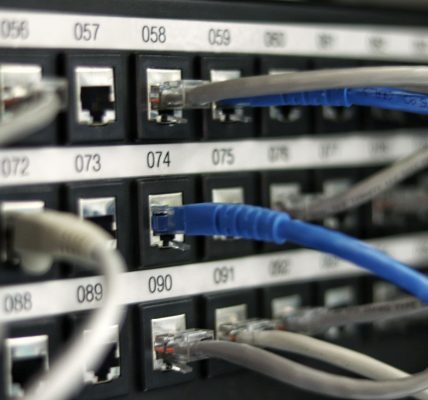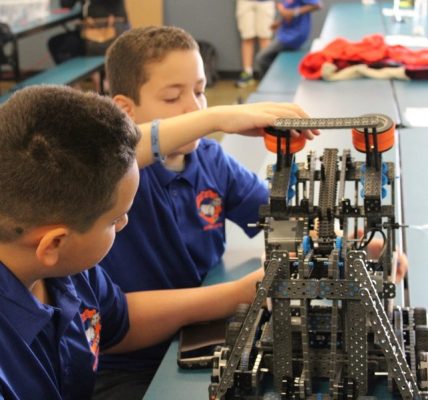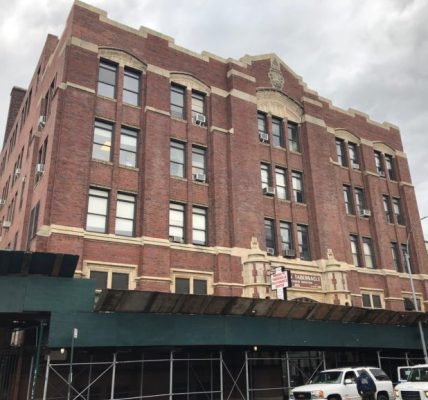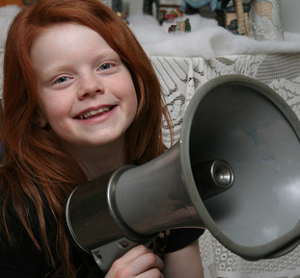Before I left for the Unplug’d Canadian Education Summit, my best friend gave me some solid advice:
Try to be open and let people in.
Our conversation was a little bit longer than that, but the message was about what I had to do in order to truly connect with people.
I didn’t like hearing it.
On my long journey to Toronto and then onward to Northern Edge Algonquin I reflected on my friend’s words and the reason for saying them.
I have walls.
I have built walls in my personal life in order to protect myself. I tell myself that I have built them in my professional life in order to remain professional, but there too, the walls are about protection.
When we first arrived at Northern Edge for Unplug’d, Zoe Brannigan-Pipe shared an observation with me. She noticed that people were unsure how to shed their ‘professional personas’ in what was clearly a casual and intimate camp environment. Although it didn’t take long for that feeling to dissolve, I think we all had to negotiate just how many protective layers we were comfortable shedding on day one of the summit.
After returning home from Unplug’d, Kelly Power blogged about the tension between her professional voice and her authentic voice. When reflecting on what she wished she had said on the last day, during our whole group reflection, Kelly wrote, “I played it safe. I went into consultant mode.”
We all have walls.
Walls protect, but they are also barriers. Walls make being vulnerable difficult, but we have to let ourselves be vulnerable if we want to form deeper connections and relationships with people. Being vulnerable means we may get hurt. Nobody wants a bruised ego or hurt feelings in their personal or professional lives.
What I’m wondering after all of this, is how we recreate elements of Unplug’d in our daily work? How do we create professional environments where people form connections and relationships that allow for risk and vulnerability? Is it foolish to hope for more ‘connectivity’ and deep sharing in education or should we be satisfied with these experiences taking place as events… in pockets?
So how did I do? Did I follow my friend’s advice?
In an effort to be ‘open’, here is an audio recording of my reflection on the last day of Unplug’d (recorded on my livescribe pen).
My Reflection to the Group at Unplug’d
Oh, and in the mind map by Guilia Forsythe (above), I’m the blonde woman on the right, next to the word vulnerable.
7 Responses to “Don’t Forget to Show People Who You Really Are”
- Royan Lee says:September 1, 2011 at 11:08 amI wonder if one of the reasons we have such hand wringing and controversy around social media is because we are not used to being authentic at work. I’ve really been reflecting on the issue of authenticity since reading everyone’s amazing posts from #unplugd. Not to take a cynical spin on things, but I tend to think that vulnerability, authenticity, and honesty are actually a valuable commodity now. There’s a big demand for it in the workplace now, especially in learning environments. I find it impossible to learn in inauthentic spaces.
- Ben Hazzard says:September 1, 2011 at 6:34 pmKim,
Thank you for sharing your audio. It flooded back the wisdom that I gleaned from this moment.“Being vulnerable means we may get hurt.” This resonates with me. Wow. This is a realistic call to action. I’m willing to be wrong. I’m willing to admit that I don’t have all the answers. I’m willing to be vulnerable. I’m willing to be me.Please, in our interactions, hold me to this. - Jeannine St. Amand says:September 1, 2011 at 8:53 pmWe do all have walls. And I respect those walls for protecting us when we need protection. But taking risks and allowing those walls to fall down can be such a powerful learning experience. I am so happy you captured the audio of your reflection – it will serve as a great reminder to all of us to be vulnerable with those we trust and to keep “thickening the connections”.
- Rodd Lucier says:September 2, 2011 at 8:51 amIt’s interesting to me that many educators have the perception that they really know their students well. At the same time, many fail to reveal their true selves to their colleagues or to their charges.Though there may always be barriers that separate and isolate us, I’m willing to do what I can to ensure that my walls are at least semi-transparent. Now that I think of it, maybe my windows need blinds that can be open more widely when the time is right?
- Tom Fullerton says:September 3, 2011 at 10:50 pmHey Kim,I’ve been having some interesting discussions on ds106radio and twitter about identity, authenticity and how we connect in a community. I’d like to leave a record of my thinking here. It feels like a safe place because I think you did let down your guard at unplugd. I saw past the professional Kim at ECOO. I hope you can let the teachers you work with see that Kim too. I don’t think it diminishes your professionalism. I think it allows space for a deeper dialogue.One of the things I work really hard at in our inquiry groups is building trust. I can’t ask the teachers I work with to engage in self-study and share openly if they don’t feel that the people in the cohort truly care. In my district role, I often felt pressured by implementation timelines to move into the content of the professional development without having taken enough time to create that climate of trust. I’ve realized now how crucial it is.‘How’ to do this more often is a tough question to answer because I think it is heavily context-dependent. We can engage in surface-level “safe” professional discussions, but until we open ourselves up, we’ll never get deeper. If we want to shift practice, we need to shift thinking, to grapple with institutional memory, to question, ‘why?’ This becomes possible when we are open, authentic, vulnerable and adopt a stance of learning alongside, of inquiry, and this, with an ethic of care.Thank you for letting me in, for inviting the participants at unplugd in, for letting us just ‘be’ in the moment, without pretense or professional armour.Hope we have a chance to share another waterside chat,
Tom
